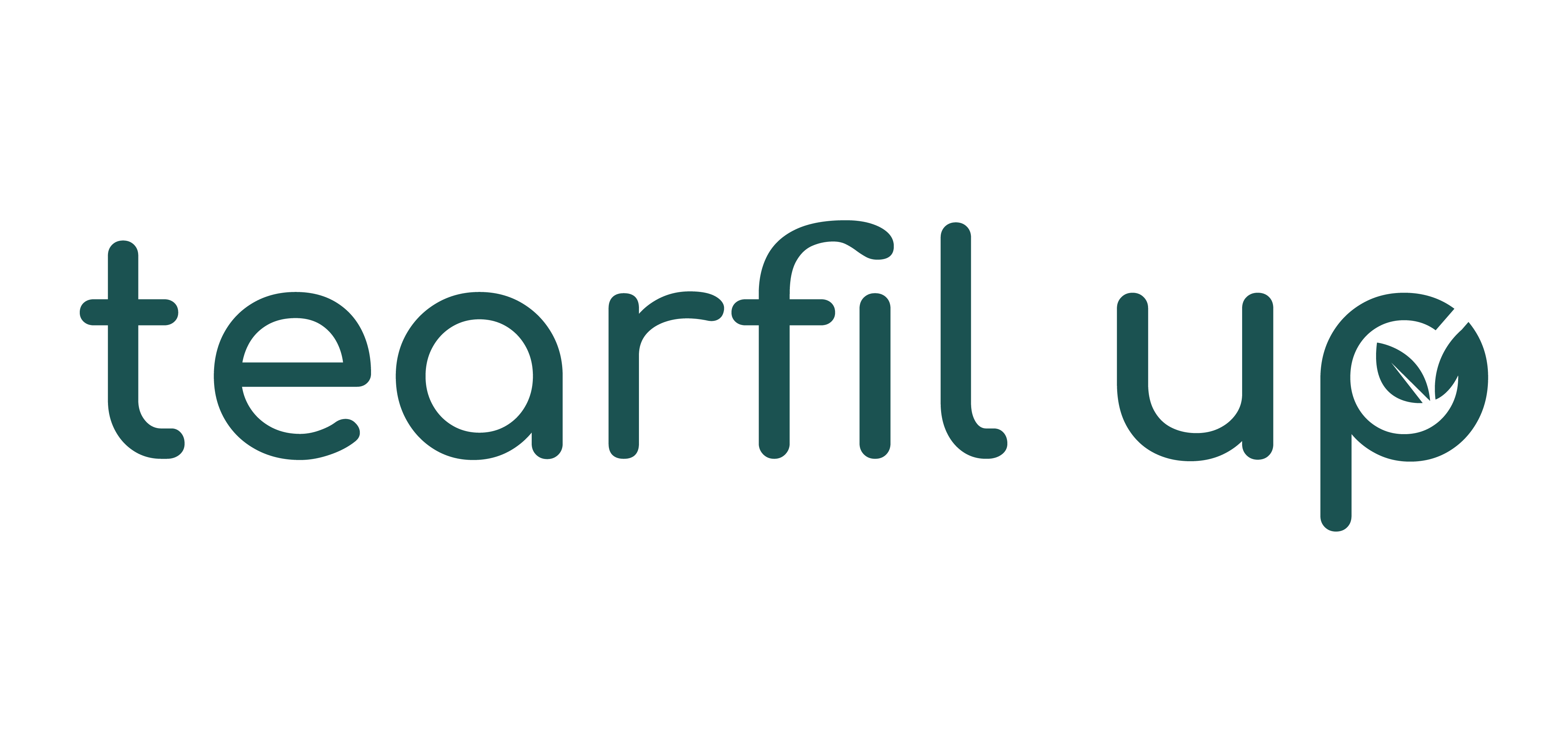Sustainability is an inbuilt mindset and culture for our company.
We are deeply aware of the environmental and social challenges that our world is facing and the huge impact that our textile industry has on our planet. As spinners, we recognised the key role we play in the textile supply chain and with our partners, we are committed to building a more connected, honest and responsible industry.
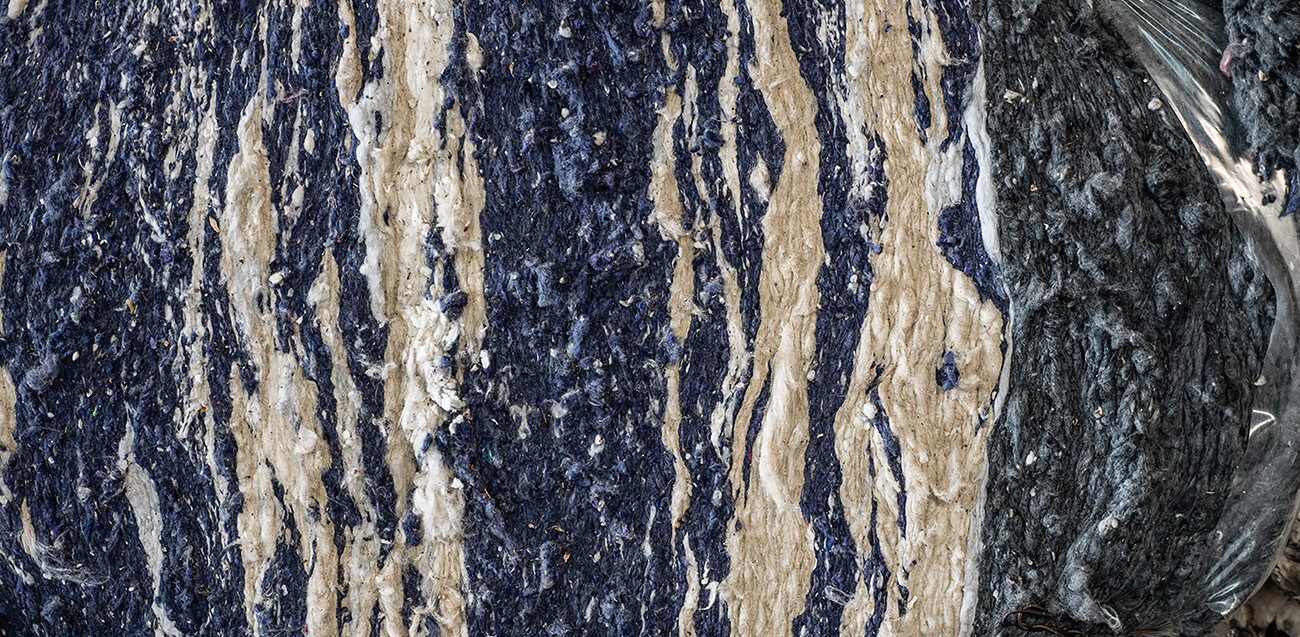
Circularity and Textile Waste Reduction
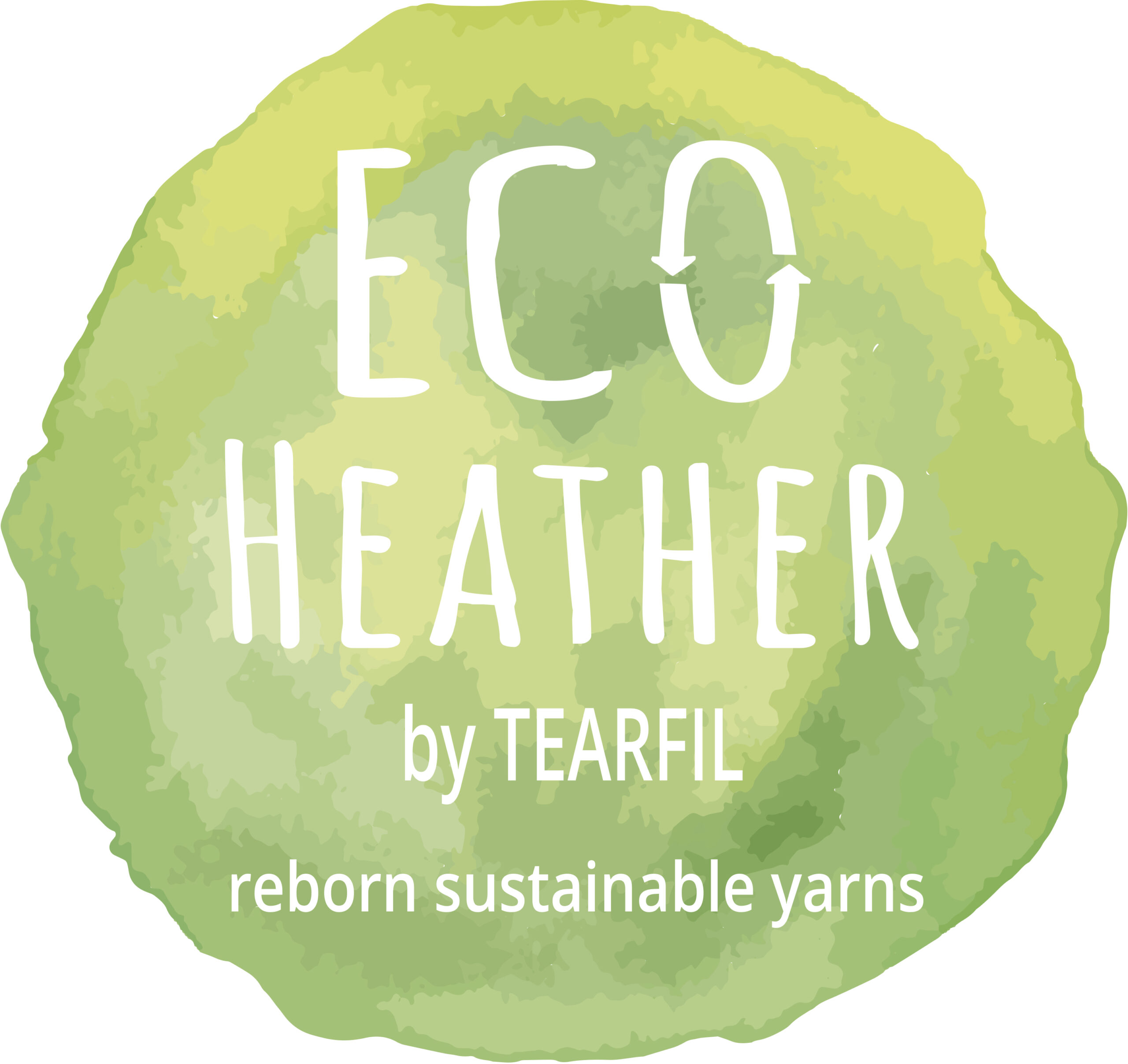
Our water-conscious coloured melange range
Through our in-house water-efficient process, our own spinning waste is recycle into new yarns, available in a broad variety of shades.
Our ECO HEATHER uses the lowest possible amount of virgin material and contributes to saving the water used for growing virgin fibres.
Waste is only a problem if we don’t take the opportunity to rethink it.
Through our collaboration with Recovo, we are dedicated to the circular economy and to reducing textile waste. We give a second life to our surplus threads, thereby minimizing the environmental impact associated with the production of new materials. This sustainable approach not only contributes to a positive impact on the planet but also propels us towards a more circular future.
Certifications & Standards
We work with Standards organisations and Certifying bodies to evaluate our environmental and social impacts and progress towards meeting our sustainability objectives.
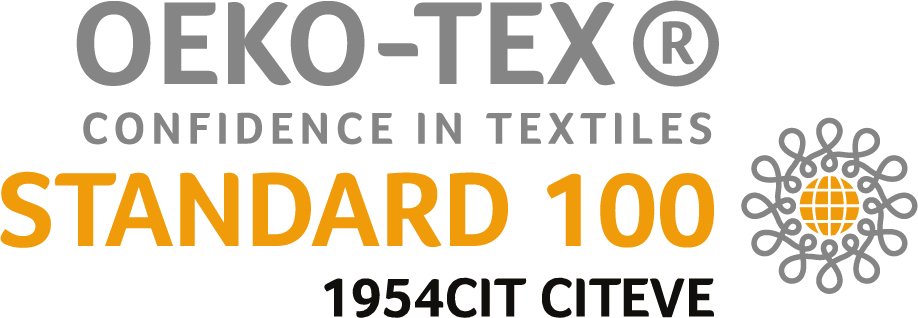
Oeko-Tex® Standard 100
One of the world’s best-known labels for textiles tested for harmful substances. It stands for customer confidence and high product safety.
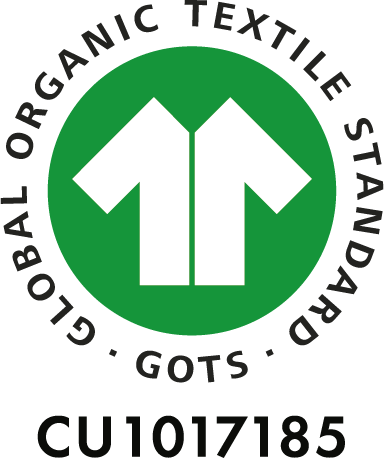
Global Organic Textile Standard (GOTS)
GOTS is the worldwide leading textile processing standard for organic fibres, including ecological and social criteria, backed up by independent certification of the entire textile supply chain. Tearfil GOTS certification represents our commitment with future generations allowing us to improve social and environmental industrial performance while we create economic value. GOTS is one step to transform the textile industry into a truly sustainable one.
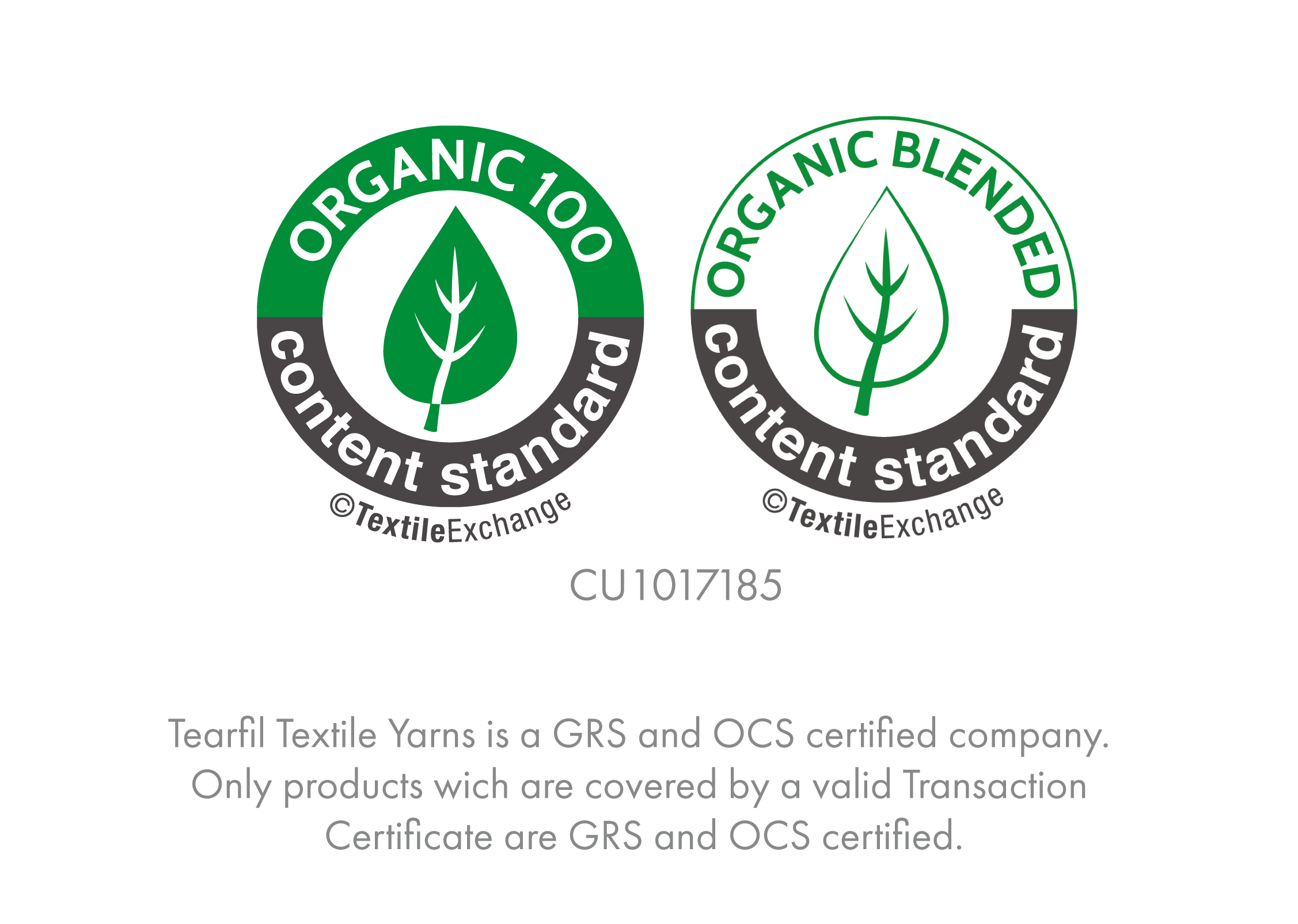
Organic Content Standard (OCS)
The Organic Content Standard (OCS) applies to any non-food product containing 5-100 % organic material. It verifies the presence and amount of organic material in a final product. It addresses the flow of product within and between companies, raw material verification, post-harvest processing, manufacturing, packaging and labeling, storage, handling, and shipping through the seller in the last business-to-business transaction. It allows for transparent, consistent, and comprehensive independent evaluation and verification of Organic Material content claims on products by an accredited third-party Certification Body.
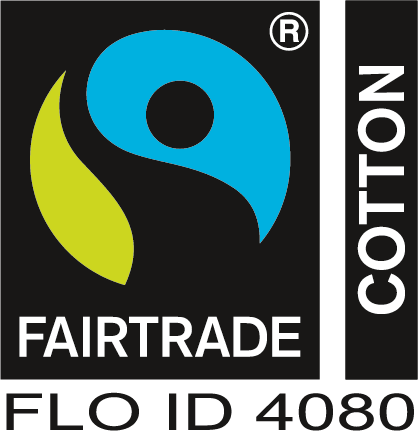
Fairtrade Cotton FLO ID 4080
Fairtrade is the leading standard for socially sustainable and responsible agriculture. Fairtrade Textile Standard aims to introduce changes in textile supply chains and related business practices. Components of fair and sustainable trading relations include: Criteria for all stages of production for the entire supply chain, Application only in countries where Freedom of Association is possible, Register of all subcontractors and Periodic unannounced audits. Fairtrade Textile Standard defines measures to improve workers conditions and to benefit the Environment, reducing negative impacts by controlling chemical use and practices. Working conditions like wages, empowerment, engagement with the standard, training and youth employment are also addressed by Fairtrade Textile Standard. Tearfil is associated with Fairtrade to help creating a better and fair textile industry.
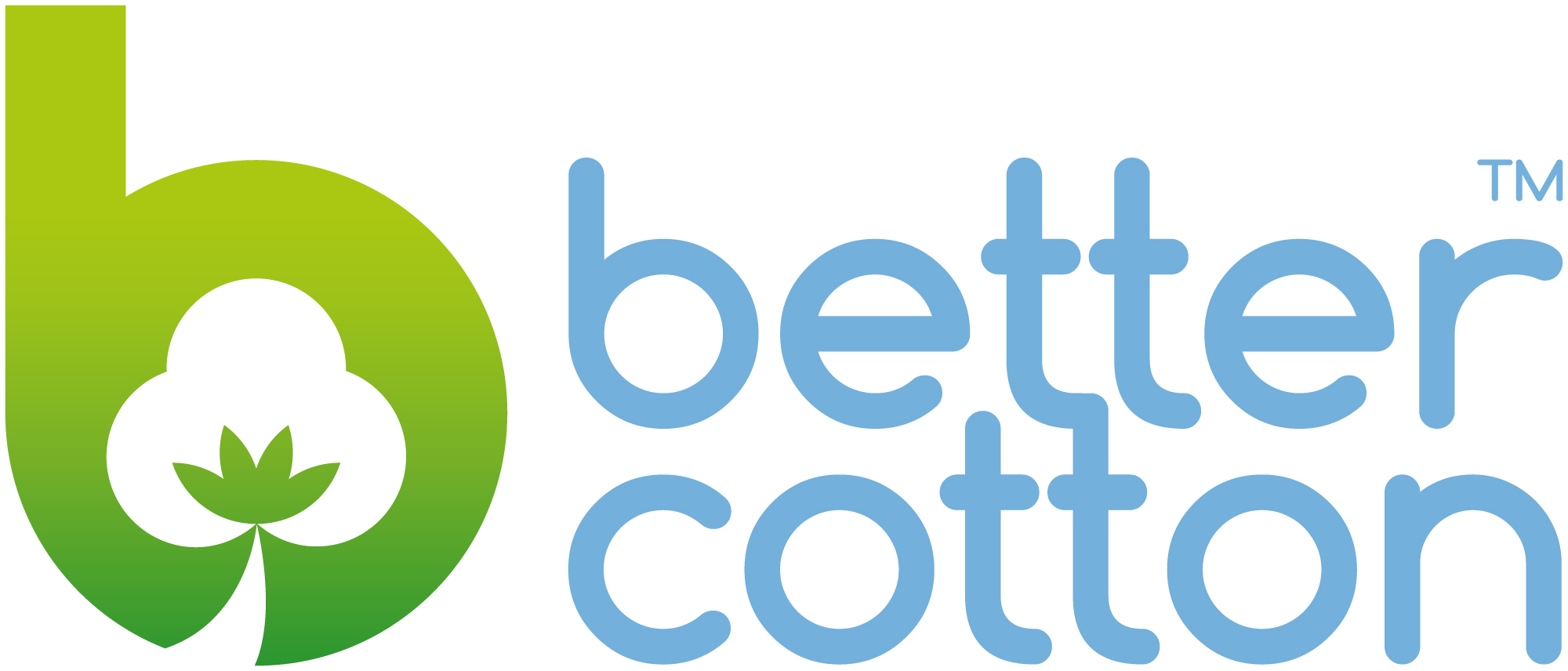
Better Cotton Initiative (BCI)
We are BCI members, a non-profit organisation who work with farmers all around the world to gradually improve the way they grow their cotton. BCI or Better Cotton Initiative standard system lies over the three fundamental principles of sustainability, environmental, social and economic. Its concerns are mainly focused on cotton production and to guarantee better conditions for the people who produce it, better for the environment it grows and a better economic development for producing areas. By monitoring the supply chain, BCI standard system works to orientate producers and buyers for good practices and looking to achieve a main goal of making Better Cotton a sustainable mainstream commodity.
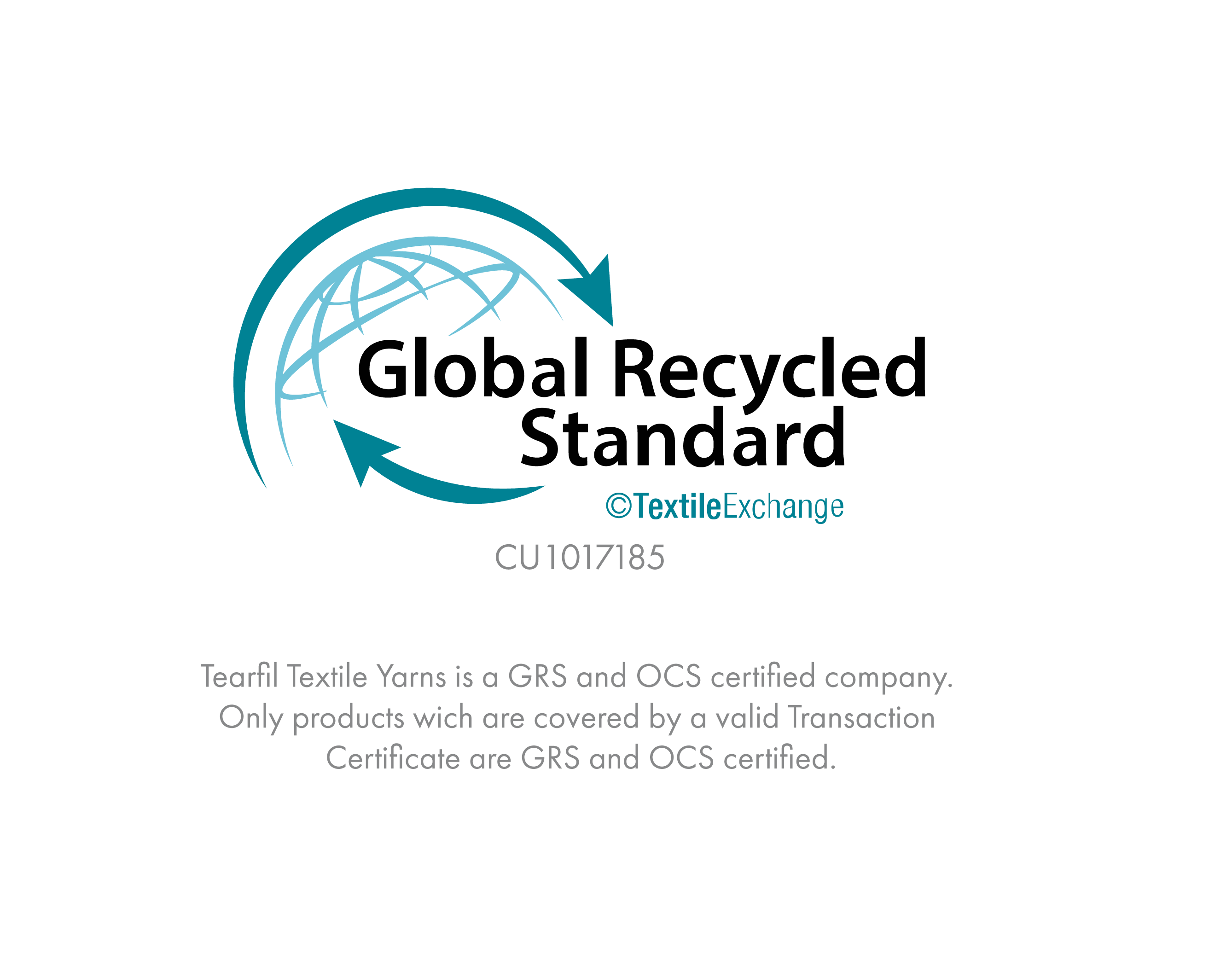
Global Recycled Standard (GRS)
The GRS is intended to meet the need of companies looking to verify the recycled content of their products (both finished and intermediate products) and to verify responsible social, environmental and chemical practices in the production of these products.
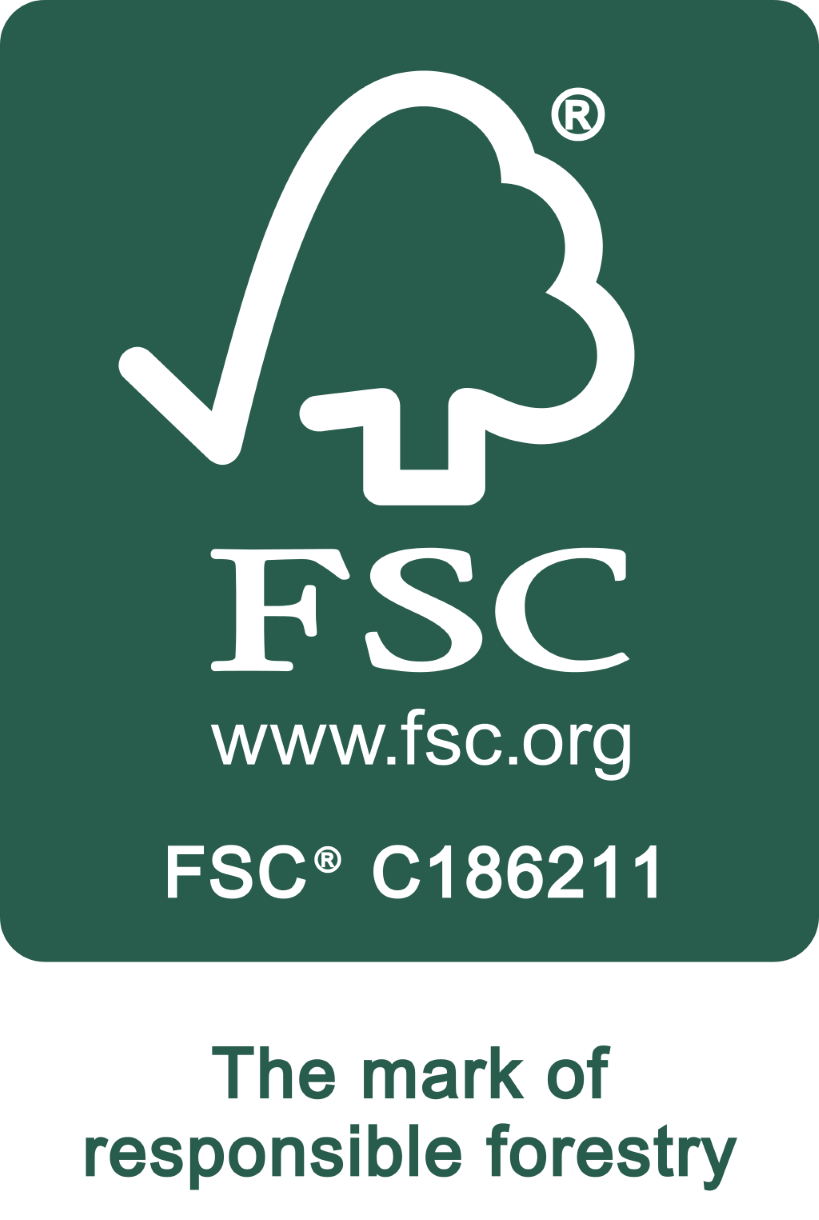
Forest Stewardship Council (FSC)
The FSC certification is a globally recognised and respected standard for responsible forest management. The FSC certification promotes sustainable practices, such as reforestation and responsible harvesting, to maintain the long-term health of our forests. The certification guarantees that forestry operations are carried out with the least possible impact on the environment, including soil and water quality. When you choose Tearfil, you are not only choosing high-quality yarns, but also making a sustainable choice that has a positive impact on the environment and communities.

ISO 9001: 2015
In a competitive and demanding global market, APCER assumes a vital role for the functioning and success of organizations. Due to the rigor, diversity of offer, investment in innovation and development of new products, it adds value and contributes to the improvement of the performance of its main partners. ISO 9001 adopts a process approach, which incorporates the PDCA cycle of continuous improvement, and integrates risk-based thinking, allowing not only customer loyalty but also the organization’s competitiveness based on the pillars of sustainability.
